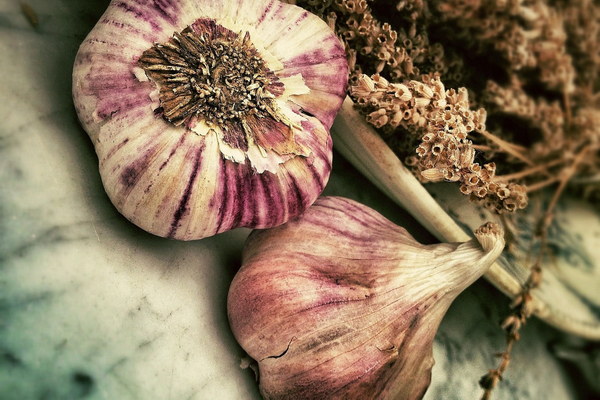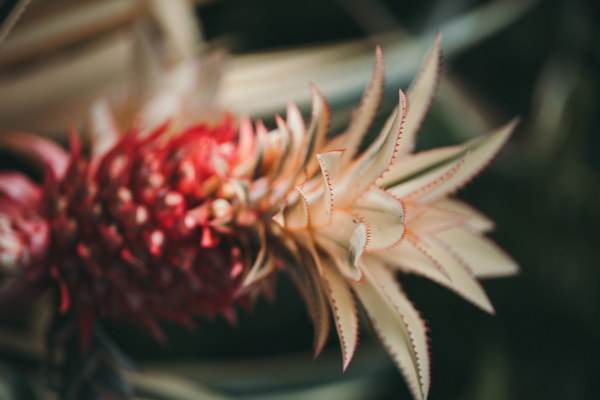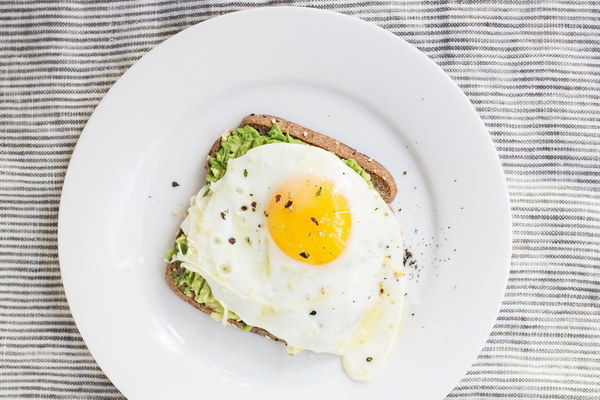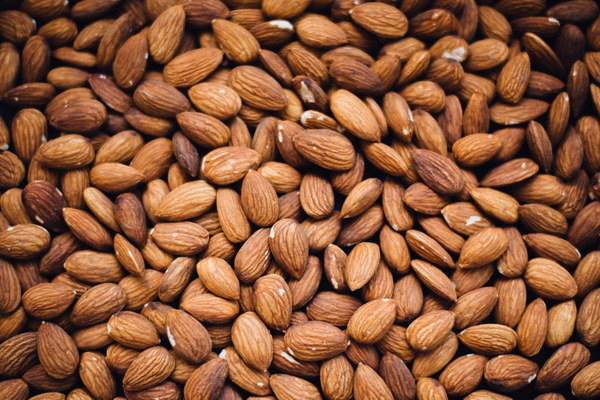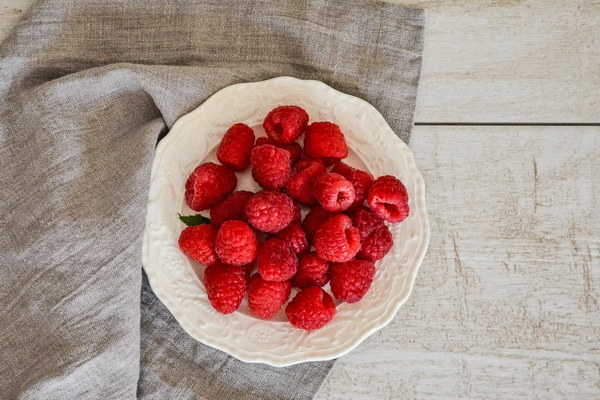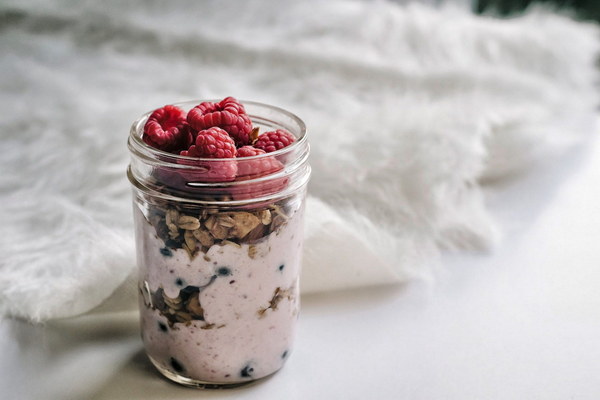Unveiling the Truth Does Sichuan Pepper and Jujube Tea Really Relieve Dampness
In traditional Chinese medicine, dampness is considered a common cause of various health issues, and many people turn to natural remedies like Sichuan pepper and jujube tea to combat this imbalance. But does Sichuan pepper and jujube tea really relieve dampness? Let's delve into the subject and explore the evidence.
Firstly, it is essential to understand what dampness means in traditional Chinese medicine. Dampness refers to the accumulation of excess moisture in the body, which can lead to a variety of symptoms such as fatigue, weight gain, bloating, and digestive issues. Sichuan pepper and jujube tea are believed to help expel dampness by promoting sweating, improving digestion, and enhancing circulation.
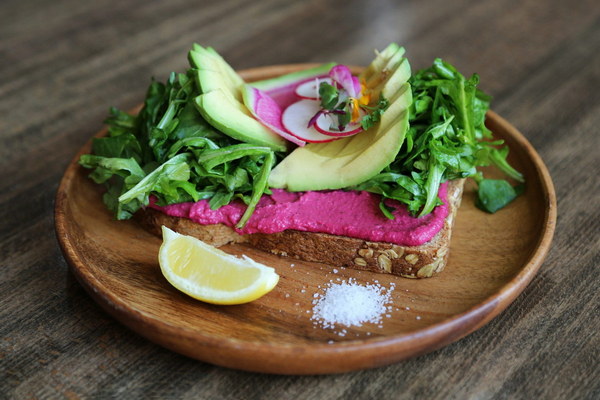
Sichuan pepper, also known as Sichuan peppercorn, is a spice native to China, known for its unique aroma and numbing sensation. In traditional Chinese medicine, it is often used to warm the body, relieve pain, and promote blood circulation. The active compound, called methylhydroxybenzoate, is thought to contribute to the spice's dampness-relieving properties. Additionally, Sichuan pepper has been found to stimulate the production of sweat, which helps to eliminate excess moisture from the body.
On the other hand, jujube tea, also known as red date tea, is made from dried jujube fruits and has been used in traditional Chinese medicine for centuries. It is believed to nourish the heart, improve blood circulation, and boost the immune system. The fruit contains various nutrients, including vitamin C, iron, and antioxidants, which may help to alleviate dampness by strengthening the body's defense mechanisms.
Several studies have explored the potential benefits of Sichuan pepper and jujube tea in alleviating dampness. A study published in the Journal of Ethnopharmacology found that Sichuan pepper could reduce dampness in rats by improving their body temperature and promoting sweating. Another study in the journal Phytomedicine reported that jujube tea could enhance immune function and reduce inflammation, which may contribute to the relief of dampness-related symptoms.
However, it is important to note that while there is some scientific evidence supporting the use of Sichuan pepper and jujube tea in dampness relief, more research is needed to fully understand their mechanisms of action and effectiveness in humans. Additionally, it is crucial to consider individual factors such as allergies, underlying health conditions, and potential interactions with other medications.
In conclusion, Sichuan pepper and jujube tea may indeed have dampness-relieving properties, based on traditional Chinese medicine and some scientific evidence. However, it is essential to approach these remedies with caution and consult a healthcare professional before incorporating them into your health regimen. As with any natural remedy, it is best to use these teas as part of a holistic approach to health, which includes a balanced diet, regular exercise, and adequate sleep.
Remember, while Sichuan pepper and jujube tea may offer relief for dampness-related symptoms, they should not replace conventional medical treatment for any chronic conditions. By combining traditional wisdom with modern science, we can better understand the potential benefits of these natural remedies and their role in promoting overall health and well-being.
